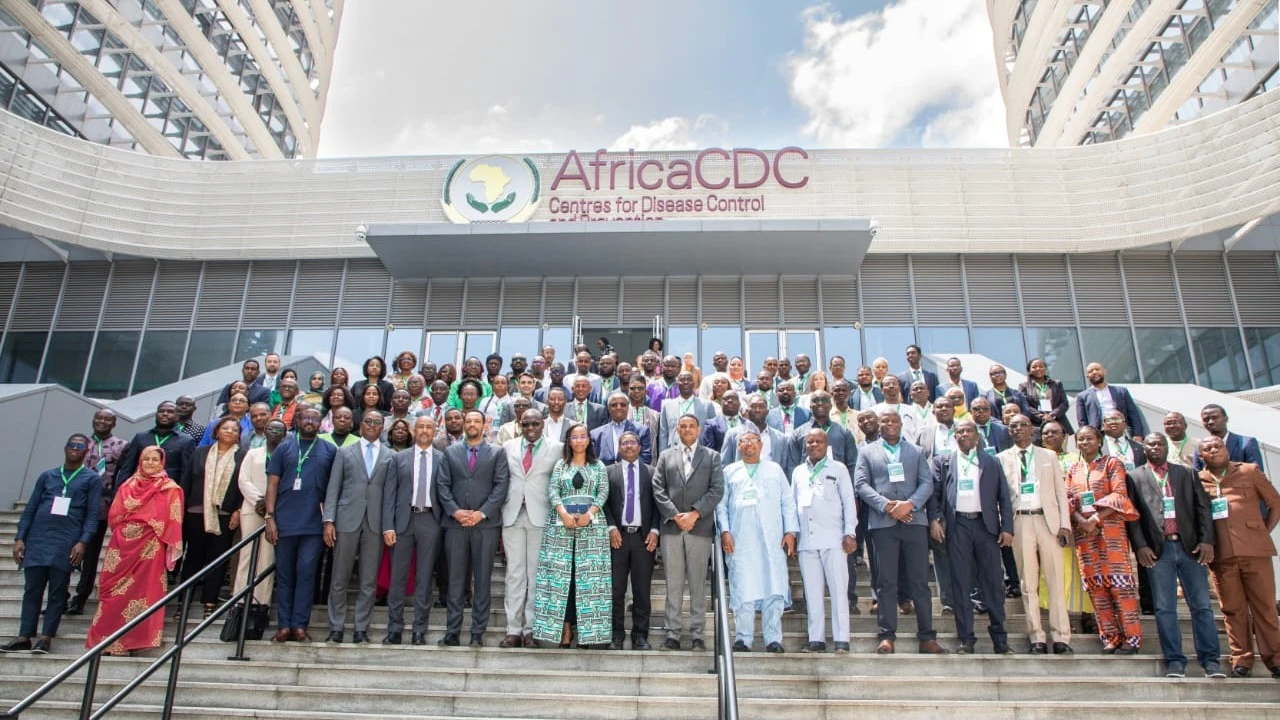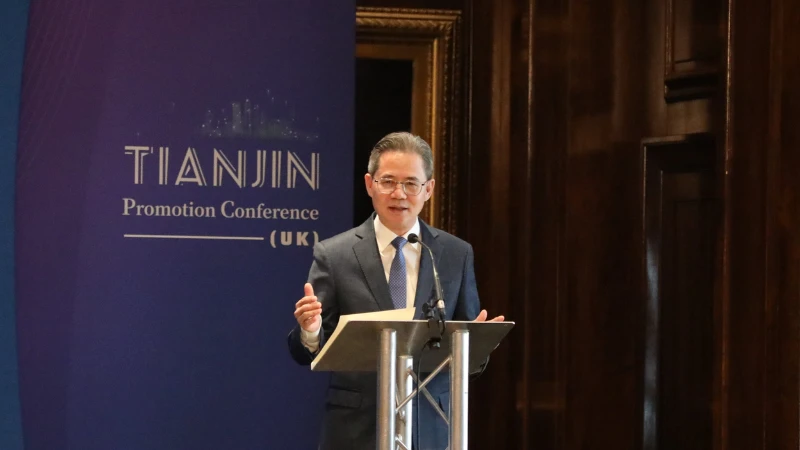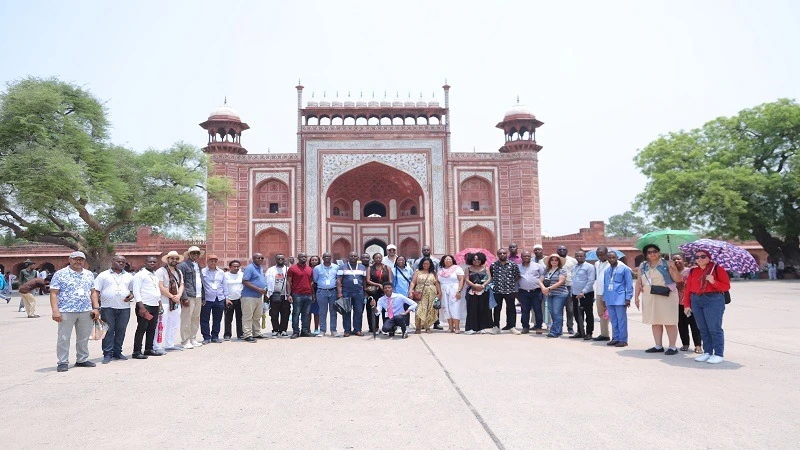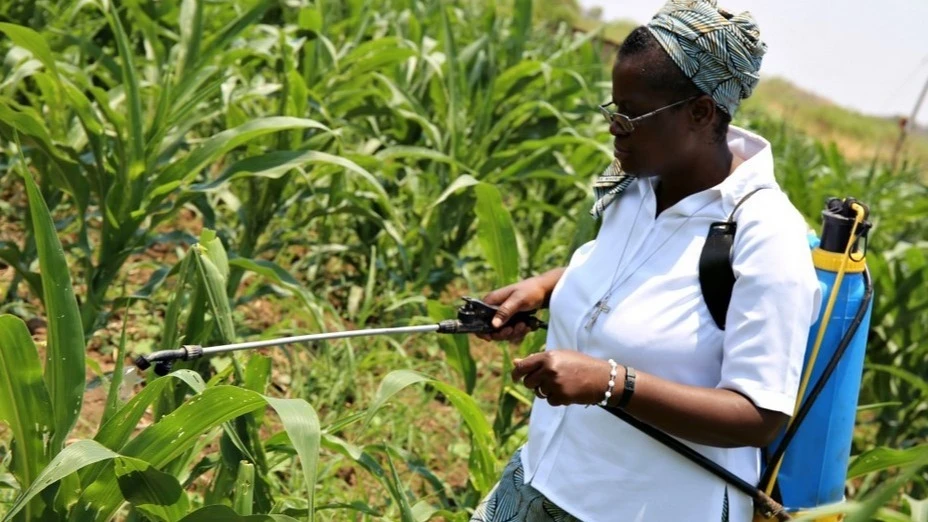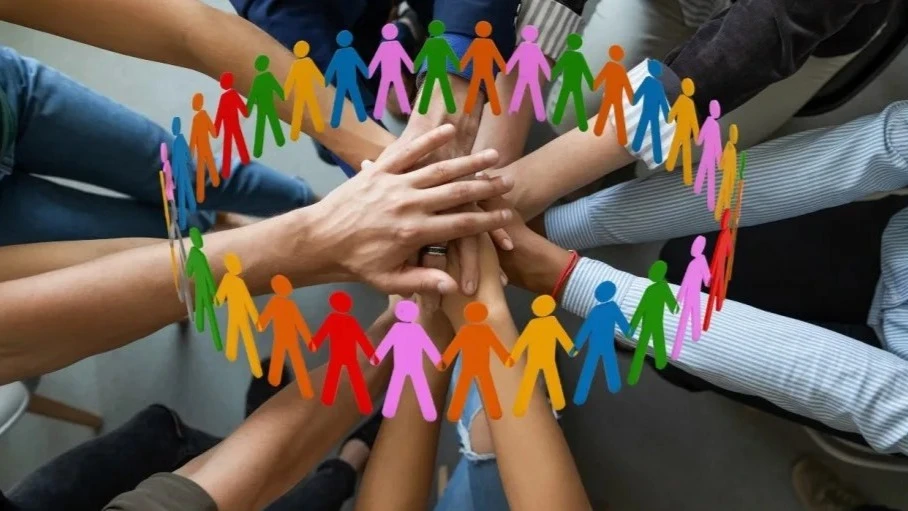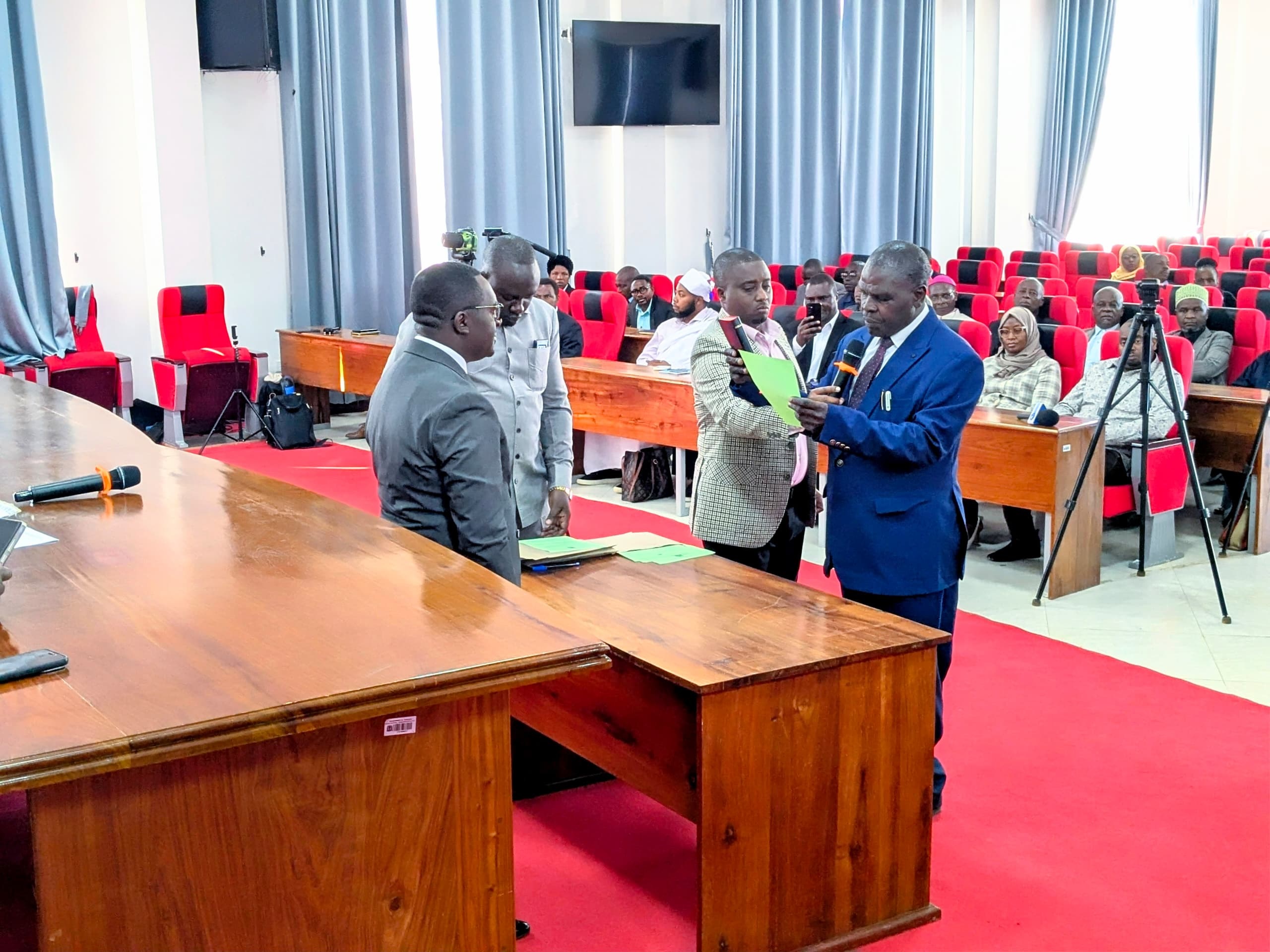Africa pushes bold NTDs elimination plan amid waning donor support
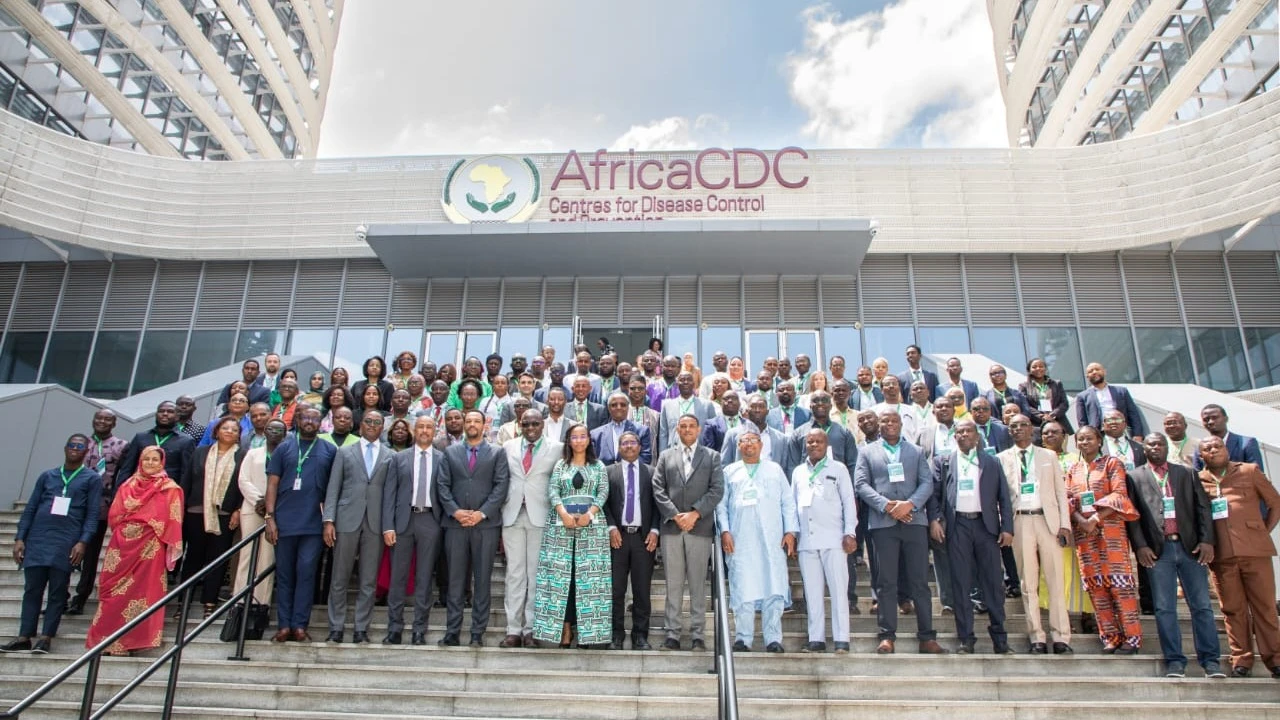
AS African nations gathered in Addis Ababa last week for a pivotal workshop on Neglected Tropical Diseases (NTDs), a stark contradiction was laid bare: while political commitment and innovative planning surge forward, donor support is steadily shrinking—threatening to derail progress against some of the continent's most widespread and overlooked diseases.
From June 17 to 20, representatives from 50 African Union Member States met under the leadership of the Africa Centres for Disease Control and Prevention (Africa CDC) to endorse a groundbreaking digital micro-planning portal designed to accelerate the elimination of NTDs by 2030.
The platform, developed in collaboration with WHO, The END Fund, and other key partners, aims to enhance transparency in resource use, foster country-led solutions, and streamline integrated planning and financing for NTD programs.
Despite the enthusiastic uptake of the micro-planning tool and detailed national action plans for six high-burden NTDs, the backdrop was one of declining international aid.
“Public health efforts across Africa are under threat. Funding is among the key challenges,” said Dr. Raji Tajudeen, Acting Deputy Director General of Africa CDC.
“This only reinforces the urgency for sustainable, country-owned solutions that optimize national capacity and identify targeted areas for external investment.”
Dr. Solomon Zewdu, CEO of The END Fund, called the workshop “historic,” noting it was the first time African nations have come together to collectively craft micro-plans feeding into a continental strategy.
“We are at a turning point—not just for eliminating NTDs but for reshaping how we finance health in Africa,” he said.
The burden of NTDs remains immense across the continent. Africa is endemic to 20 of the 21 global priority NTDs, impacting over 565 million people—accounting for more than one-third of the global burden.
These diseases, such as river blindness, schistosomiasis, intestinal worms, and trachoma, cause lifelong disability, stigma, malnutrition, and even death, particularly in remote and impoverished communities.
Though 12 African countries have eliminated at least one NTD in the last decade, experts warn that continued success is in jeopardy. “Traditional reliance on foreign aid has shown its limits.
Without legal, financial, and operational commitments from national governments, progress will stall,” said Dr. Ibrahima Soce Fall, WHO Global NTD Director.
The World Health Organization's current roadmap targets a 90 percent reduction in people requiring treatment and elimination of at least one NTD in 100 countries by 2030. This aligns with the African Union’s Agenda 2063, which views health not only as a human right but as foundational to economic transformation.
Prof. Julio Rakotonirina of the African Union Commission emphasized that success depends on implementation: “The microplans are only the beginning. Now comes the hard part—resource mobilization and operationalization on the ground.”
The Addis meeting delivered not just promises but action: detailed, costed national and regional microplans, assessments of current resources, and frameworks for collaboration.
While funding gaps remain, the unified continental approach signals a new era in tackling diseases that have, for too long, lurked in the shadows of global health priorities.
Top Headlines
© 2025 IPPMEDIA.COM. ALL RIGHTS RESERVED








